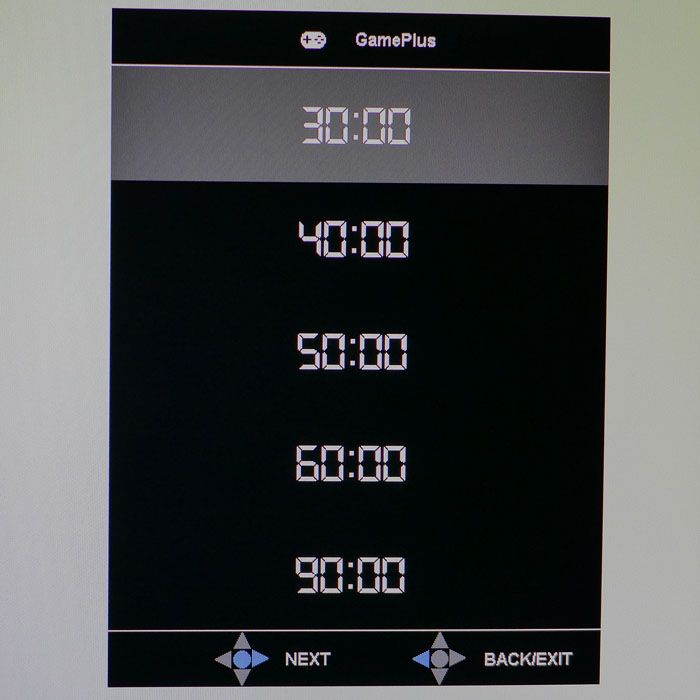

Find that profile in the list and select "set as default profile".Click "add" then "browse" and find the profile you want to load.Make sure "Use my settings for this device" is ticked.Control panel > Type "Color" in the search box > Click "Color.You could click around for hours and not find the answer.
#Calabration settings for asus ve247h windows#
However the way windows forces you to do it is frightfully unintuitive. I didn't like having Spyder running all the time, using system resources, when the fact is that I only calibrate once every six months or so. Some might say what`s the point of 150 FPS if you have a 60 Hz monitor, it is all about input and reactions and it helps, so if you come with a 60Hz/75Hz monitor and call it a "gaming" monitor i will laugh in your face.Yes, there is a way. If you play games competitively (you do call yourself a gamer and buy a gaming product) then you want as much FPS as you can get for fast reactions. You might say turn v-sync on and/or cap frames at 60, that`s a no go, unnecessary input lag induced for the joy of smooth frames. In games like Battlefield 1 at Ultra i have the game sitting in that range and it is ok, but every other game will be way outside this range and thus making the FreeSync useless, Gsync at 60 Hz is just as useless. I know what i`m talking about since i own a product as such, do you ? I`m gaming on a 3440x1440 34" LG monitor with freesync in the range of 40 to 60. So be careful with your claims, especially with "even with G-Sync". More is only needed without Synchronisation, if it works the way I mentioned, which is still a long way to go for the industry. If we synchronize the whole line from game over graphics Card to, finally, the Screen, we don't Need really more than 50-60 Hz because we cannot recognize it. But let's think about it (which is different from School). Here are the settings we used for our review.ġ9027733 This is a nice sentence. For our tests, we calibrated the Racing mode and achieved good results after reducing the contrast slider and tweaking the RGB controls. It locks out all image controls and fixes output at 195cd/m 2 but it is fairly accurate.

However, if you don’t plan to make adjustments, choose the sRGB mode instead. Racing mode provides a good starting point for calibration. We’re glad to see it included on this value-oriented display. This is a feature that should be on every computer monitor regardless of price or purpose. It would be really helpful to know when FreeSync is enabled and that info is missing.įinally, the VG245H offers four settings memory slots. You also get the current picture mode and input in every screen. Signal info is limited to resolution and refresh rate. Remaining system options cover things like OSD language and timeout, DDC/CI, power LED, and factory reset. Turn it on here, reboot the monitor, then enable it in AMD Catalyst to complete the process. You won’t get any other indication of its status either by an OSD message or the color of the power LED. You’ll need to scroll down to the second portion of this menu to find the FreeSync control, which is turned off by default.
#Calabration settings for asus ve247h free#
Trace Free has five levels of operation of which 80 (out of 100) represents the sweet spot between blur reduction and ghosting. The Image menu offers a few picture tweaks like Trace Free (overdrive) and VividPixel, which adds some edge enhancement.


 0 kommentar(er)
0 kommentar(er)
